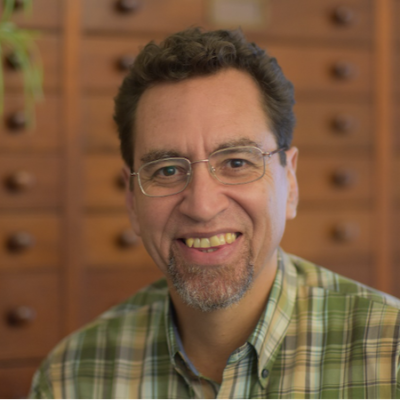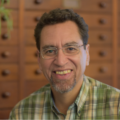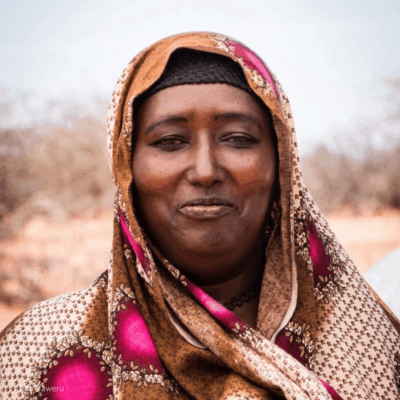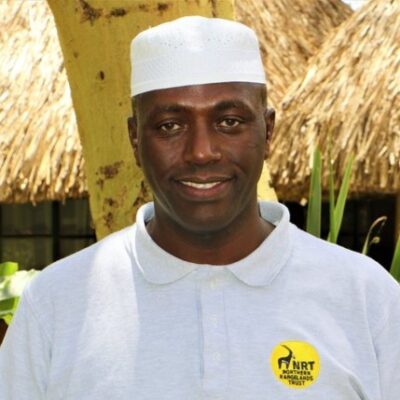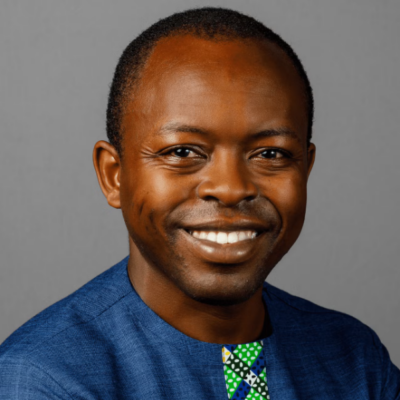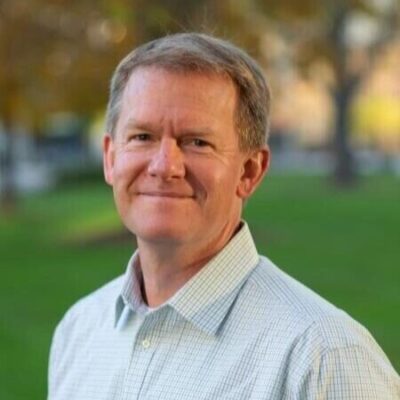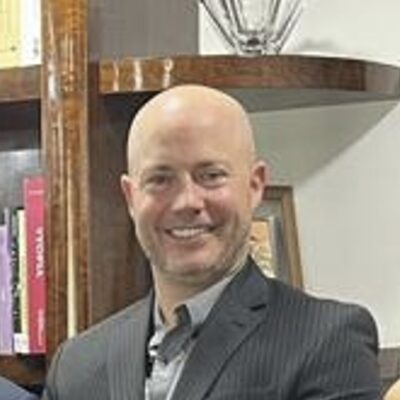Listeners:
Top listeners:
-
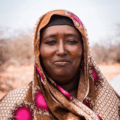 play_arrow
play_arrow
118 | Kenyan Herders Say Judgement Against Them Based on Forged Signatures / Continuation of Episode 117
-
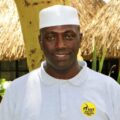 play_arrow
play_arrow
117 | Surviving Survival Internatinal, Part 1: Kenyan Elders Call Foul on International Media, NGOs
-
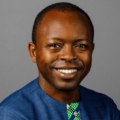 play_arrow
play_arrow
116 | From Ticking Time Bomb to Demographic Dividend: James Mwangi and Kenya's Great Carbon Valley
-
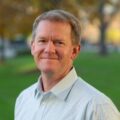 play_arrow
play_arrow
115 | Unpacking Donald Trump's Very Weird Environmental Orders
-
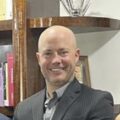 play_arrow
play_arrow
114 | Michael Greene: Carbon Cowboy or Lone Ranger? Part 1
-
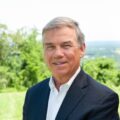 play_arrow
play_arrow
113 | The Future of Environmental Finance: Strategies for Biodiversity and Climate Solutions, with David Hill and George Kelly
-
 play_arrow
play_arrow
112 | Fantasy Football and Dynamic Baselines: New Tools for Impact Assessment
-
 play_arrow
play_arrow
111 | The False Dichotomy Between Reductions and Removals (Rerun)
-
 play_arrow
play_arrow
110| Ecological Economics, Systems Thinking, and the Limits to Growth
-
 play_arrow
play_arrow
109 | How Brazil's Quilombola Communities are Planting the Seeds of Sustainability for Small Farms Around the World, with Vasco van Roosmalen of ReSeed
Transcript
In this episode of Bionic Planet, we delve into the inspiring journey of Marco Cerezo, the director of Fundaeco, a conservation NGO based in Guatemala. Marco shares his lifelong dedication to nature conservation, sustainable community development, and the fight against climate change. He recounts his early experiences studying development economics and the pivotal moment in 1989 when he learned about climate change from NASA geophysicists, which fueled his passion for conservation.
Marco discusses the challenges faced by Fundaeco in its early days, relying on small grants and volunteers to support their conservation efforts. As the organization grew, they realized the limitations of traditional funding sources and turned to carbon finance as a sustainable solution. Through the creation of a REDD+ project in Caribbean Guatemala, Fundaeco engaged over 700 forest owners and 1,000 forest parcels to protect over 55,000 hectares of forest.
The episode highlights the meticulous process of securing free, prior, and informed consent from communities, educating them about carbon, and designing a transparent benefit-sharing mechanism. Marco emphasizes the importance of building trust with communities and ensuring that they directly benefit from the carbon revenues generated by the project.
Furthermore, Marco explains the methodology used to establish the baseline for the project, utilizing national forest cover maps and regional deforestation rates. He reflects on the long-term impact of REDD+ projects, with a time horizon of 30 years, providing financial sustainability and institutional strength to conservation efforts.
As the episode concludes, Marco underscores the critical role of REDD+ in biodiversity conservation and community development, urging for continuous improvement in standards and transparency. He envisions a future where local conservation NGOs and communities are empowered with carbon knowledge to mobilize capital at the scale needed to protect tropical rainforests.
Listeners are encouraged to support the production of more episodes by becoming patrons of Bionic Planet and leaving five-star reviews to help amplify the message of conservation and climate action. The episode closes with a call to unite in the collective effort to address the climate challenge and safeguard our planet for future generations.
Timestamps
-
Introduction to the Episode: 00:00:00-00:01:02
-
Transition to Carbon Finance: 00:01:02-00:02:37
-
Challenges of Implementing Carbon Finance: 00:02:37-00:03:21
-
Overview of the Project in Guatemala: 00:03:21-00:04:54
-
Discussion on Climate Change and Anthropocene: 00:04:54-00:05:26
-
Interview Introduction with Marco Cerezo: 00:05:26-00:06:06
-
Marco Cerezo’s Early Conservation Work: 00:06:06-00:09:15
-
Funding Challenges and Transition to Carbon Finance: 00:09:15-00:11:36
-
Importance of Sustainable Landscapes: 00:11:36-00:13:46
-
Agroforestry and Sustainable Farming Practices: 00:13:46-00:14:53
-
Implementation of Carbon Finance in Guatemala: 00:15:05-00:17:39
-
Establishing Carbon Benefit and Methodologies: 00:17:39-00:19:52
-
Community Engagement and Benefit Sharing: 00:20:03-00:27:42
-
Long-Term Sustainability and Time Horizon: 00:34:26-00:35:39
-
Baseline Establishment and Methodologies: 00:36:01-00:37:46
-
Closing Remarks and Call to Action: 00:38:02-00:38:55
Episodes
117 | Surviving Survival Internatinal, Part 1: Kenyan Elders Call Foul on International Media, NGOs
April 13, 2025
116 | From Ticking Time Bomb to Demographic Dividend: James Mwangi and Kenya’s Great Carbon Valley
February 25, 2025
115 | Unpacking Donald Trump’s Very Weird Environmental Orders
January 27, 2025
114 | Michael Greene: Carbon Cowboy or Lone Ranger? Part 1
December 6, 2024

